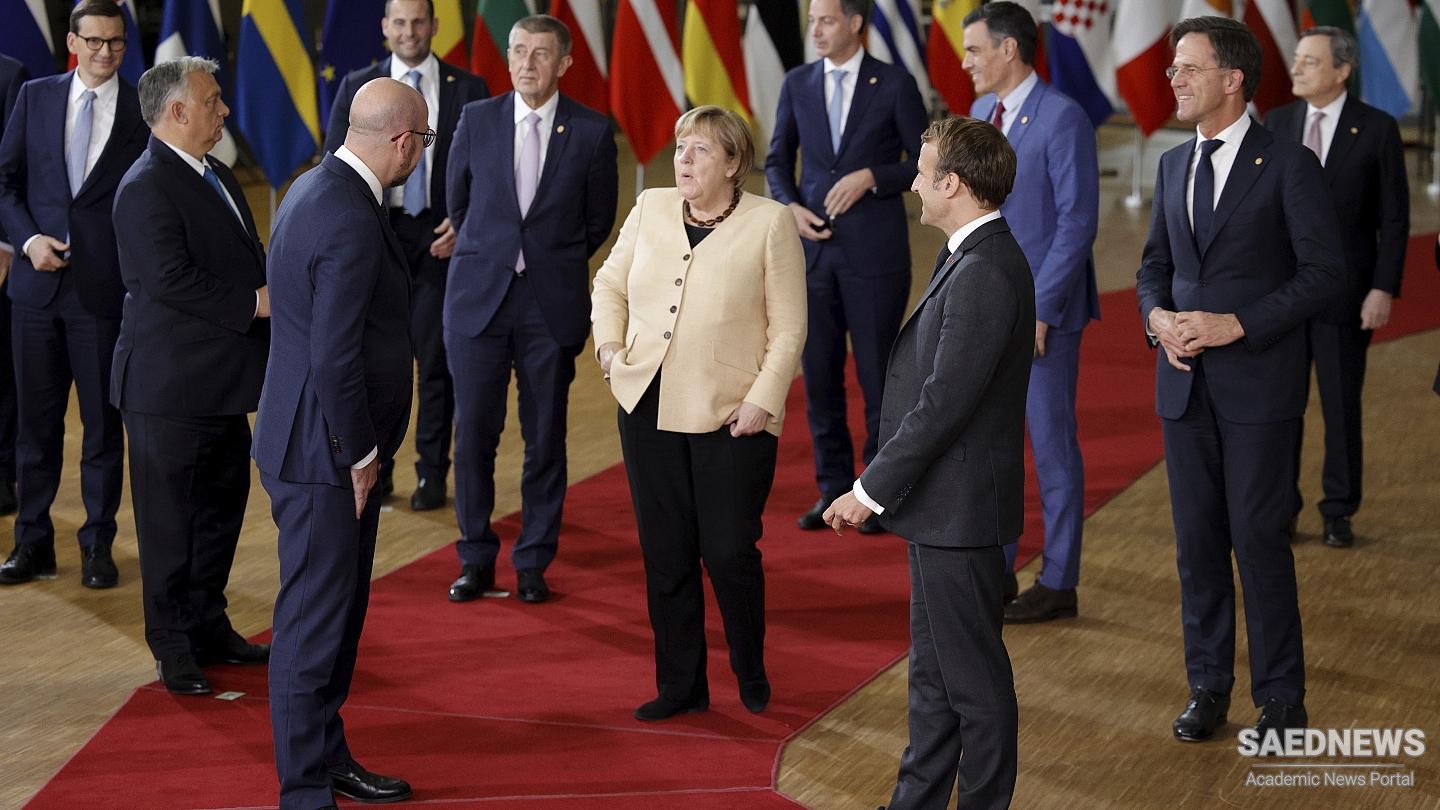Paris, SAEDNEWS: Projections that the mutated and highly infectious Covid strain could be dominant in the EU as early as next month have pushed the issue to the top of the agenda and ignited fears of a health crisis.
The summit will also tackle other big topics pressing hard on EU capitals, in particular the Russian military build-up that could presage an invasion of Ukraine.
That risk dominated a get-together on Wednesday between EU leaders and their neighbouring eastern European counterparts, including Ukrainian President Volodymyr Zelensky.
An ongoing confrontation with Belarus over migration flows testing the EU's borders and spiking energy prices aggravating sky-high inflation round out the high-level talks.
It all makes for a charged summit, the last before France takes over the rotating six-month European Union presidency from Slovenia in the New Year.
An Omicron winter
Europe is bracing for an Omicron winter, with European Commission chief Ursula von der Leyen saying on Wednesday: "We're told that by mid-January, we should expect Omicron to be the new dominant variant in Europe."
The timing is perilous. Although many EU countries are in the global vanguard in terms of vaccination rates, the roll-out is patchy across the 27-nation bloc.
Nine EU countries have vaccination rates below 60 percent.
Omicron's apparent ability to mute the effects of existing vaccines has galvanised efforts to get booster shots into arms.
But the EU health agency ECDC on Wednesday warned jabs alone now would not be enough, given that Omicron infections double around every two days.
"There will be no time to address the vaccination gaps that still exist," Andrea Ammon, director of the European Centre for Disease Prevention and Control, said.
"The coming months will be difficult," acknowledged EU health commissioner Stella Kyriakides.
Crumbling coordination
While some hope -- based on initial data from South Africa, where Omicron is already dominant -- the new strain produces milder symptoms than the Delta variant, mathematical modelling suggested its sheer infectivity could overwhelm hospitals.
The draft summit conclusions, seen by AFP, stress that "rolling out vaccinations to all and deploying booster doses are crucial" while also maintaining cross-EU coordination.
The united front, however, is visibly weakening.
Italy, Ireland, Portugal and Greece have all tightened entry restrictions for EU arrivals by requiring PCR tests even of vaccinated travellers.
Their measures appeared to undermine the rules of an EU Covid certificate that since July has ensured easy intra-EU travel without quarantine or tests for the vaccinated.
While EU countries can suspend some of the rules in health emergencies, they need first to notify Brussels 48 hours in advance (Source: FRANCE 24).


 Azeri official: Baku has expansion of ties with Tehran on agenda
Azeri official: Baku has expansion of ties with Tehran on agenda














































